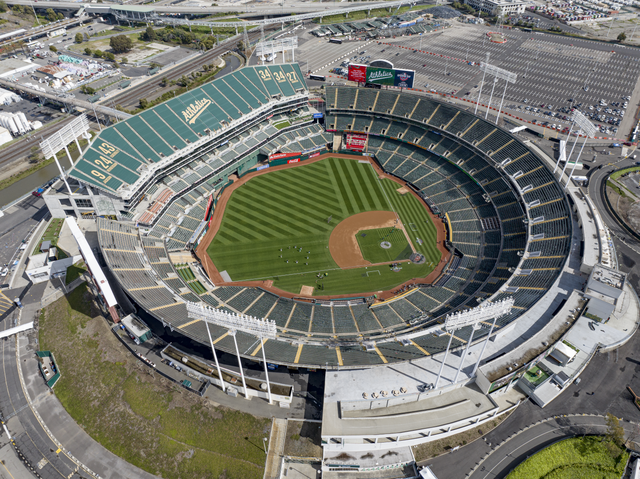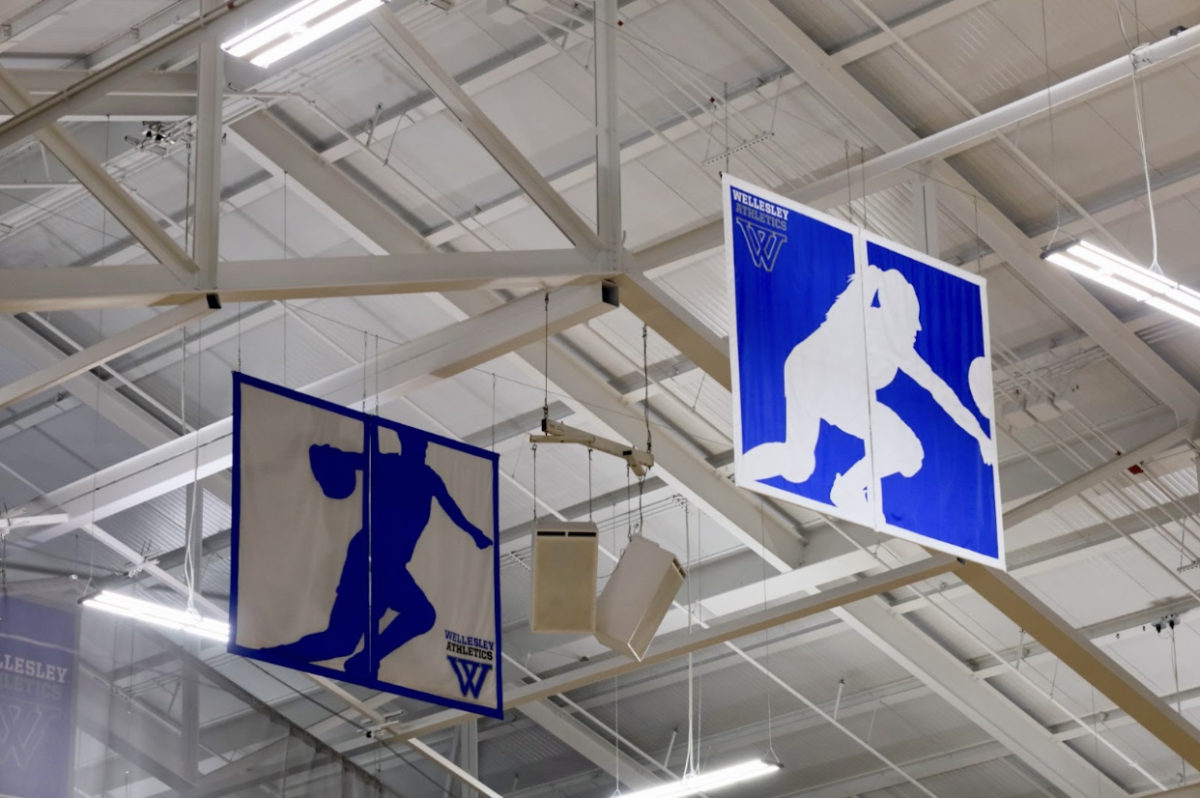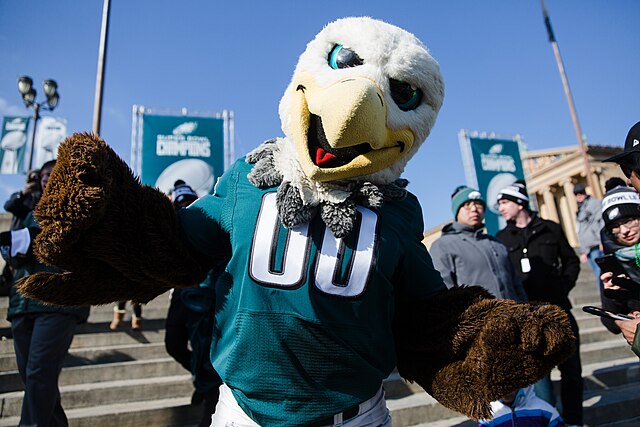Sept. 26’s matchup between the Oakland Athletics (the A’s) and the Texas Rangers marked the final game played by the Athletics in Oakland. The A’s are the most recent professional team in the East Bay to relocate in the last five years. Kicking off the exodus in 2019, The Golden State Warriors crossed the Bay to San Francisco, leaving behind the Oakland Arena. Soon after, the Raiders took off to Las Vegas to play in their shiny new Allegiant Stadium. Now, according to the MLB the Athletics are set to follow their old stadium-mates to Vegas, with a brand new field in the works. The team will make a quick three-year stop in West Sacramento to play at their minor league team’s park, while their new home is built. The last five years have been brutal for Oakland sports fans, but what are the deeper repercussions of the relocations? What does it mean for Oakland residents? And what does it mean for professional sports fans everywhere?
A main catalyst for the Athletics (and Raiders) relocation discussions can be pinned onto the Oakland Coliseum. According to the Oaklandside, the circular concrete structure has been home to the A’s since 1968, but it is one of the oldest major league stadiums. More concerningly, it has not been well preserved, with families of feral cats infiltrating in 2022. ESPN reports that in the last 10 years, the A’s have pushed for a new site on a number of occasions – all failed due to funding disagreements between the city and team owners. As time went on, the inability for the Athletics to land a new Oakland venue fueled suspicions that owner John Fisher was looking to relocate all along.
John Fisher, the heir to the GAP fortune, bought the Athletics in 2005 for $180 million. Fans have had their problems with him for a while, claiming that he was mismanaging the internal aspects of the organization. Any fan who closely follows baseball would agree that he has systematically traded away the team’s best players. According to NBC Bay Area, he has also ensured that Oakland had some of the lowest payrolls in all of the MLB, raising questions on his financial motives. Due to these decisions, the squad has found very little success over the last two decades, leaving the fanbase disappointed and wanting more. With the A’s Moving to Vegas, the investments have risen and in turn their value has skyrocketed to over $1 billion. Their new field will be right on the Las Vegas strip, and is estimated to cost $1.5 billion as the organization leans into the same tourist market that The Raiders have captured. Now fans wonder: Was this Fisher’s plan all along? Either way, Oakland residents will feel the impact.
Oakland is home to the Bay’s largest share of low income, as the city has been prone to home, job, and economic insecurity for years. Compared to San Francisco’s median salary of $137,000, Oakland families bring in $94,000/year (datacommons.org). With the departure of The A’s, over 1000 workers on unionized wages were let go. Not only were current jobs terminated, but potential work that could have been distributed for the building of a new stadium never came to be. Live sports events also bring in important economic stimulation for restaurants, hotels and small businesses – all of which are impacted by this decision. Beyond the financial implications of losing the Athletics, they were the last remaining professional team in Oakland. Sports have the ability to unify communities and bring people together, despite whatever hardship a city faces. It gives fans a place to channel energy and express pride with their peers, friends and neighbors. Oakland was no exception. Residents rallied around their teams, despite the lack of funding put into the stadiums and rosters. Yet they had to watch as each team left for a shiny new home in an economically booming city that arguably does not need the team. The A’s leave only devastated Oakland sports fans behind.
Lastly, the A’s departure sends a signal to sports fans everywhere: it’s a commercial business. Baseball, known as “America’s Pastime,” was part of a larger advancement of sports entertainment in the 1950s. The idea was that the average-working American needed diversion from their nine-to-fives and sports boosted the working class ethos. However, as more money has been poured into sports leagues, being a fan has become increasingly more expensive. Practices like sports betting, increased ticket and streaming prices, and pricey team memorabilia have all made sports feel out of reach to the average fan. Sports no doubt play a significant role in many people’s lives, yet leagues like the MLB are moving towards commercialization and away from accessibility.
So whether or not John Fisher is to blame for the decline and eventual departure of The Oakland Athletics, a few things are certain: Oakland as a community is grieving the loss of all professional sports representation, Vegas has scored a second franchise to build a billion-dollar home for and the landscape of professional sports is irreversibly changing.
Contact the editors responsible for this story: Julee Sharma and Katie McCabe




